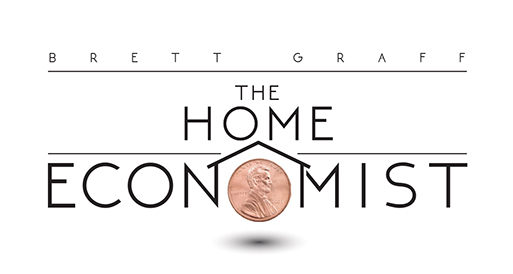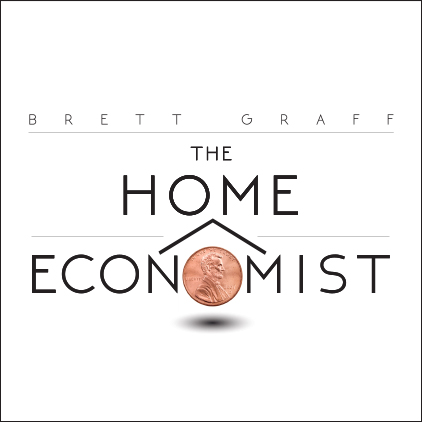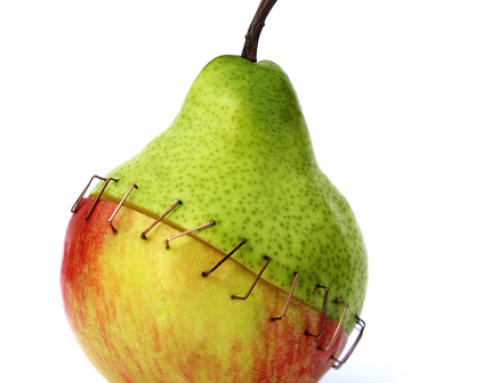
Sales in stores were slow and we didn’t spend as much as anyone expected, but that might be a good thing.
Christmas sales were low – we didn’t spend as much in the stores as anyone had expected – and now it seems the news reports are blaming us for the bad economy. The nerve! They’re screaming that we consumers make up 70 percent of all spending and that the economy needs – it needs – our shopping to grow. To that very idea we respond with a word borrowed from our 9-year olds: Whatevs, people.
It’s not our economic duty to rack up debt. And yet borrowing money for stuff we don’t need is a burden we Americans have carried for too long. Researchers at Oregon State University say have found that many of us believe living in a capitalist economy comes with the responsibility to spend, a few even suggesting it’s similar to the way living in a democracy comes with the responsiblity to vote.
It’s laughable.
You know what’s not funny? Interest payments. Even at half-off, interest payments make a new shirt three and four times the price that’s on the tag. Other unfunny things include job loss and unexpected expenses – the kind of incidents that make an emergency fund really handy.
“People understand that the economy is largely based on consumer spending,” says
Michelle Barnhart, a marketing professor at Oregon State University who studied middle class views on debt. “And to contribute, they feel a need to be good consumers.”
Barnhart’s study shows that we Americans have not only pledged allegiance to a flag but also to a lifestyle that’s for many impossible to afford without borrowing large sums of money. And because our minds will employ mental short cuts labeling some debts as worthwhile, we can sleep at night even if we can’t pay the bills the next day.
But the problem isn’t that we tap into the enormous web of credit American enterprise has created. Rather, it’s that we won’t grab a sensible share. Our goals should be to buy a little on credit — ever try to get a job without having a credit score? — but not an overload. Experts say we can achieve the balance easily, if we tweak only our thinking.
“When people change the way they talk about things it changes the way they understand it in their minds,” Barnhart says. “We think in words.”
For example, she says we differentiate having debt — which we see as being able to pay our bills — from being in debt —- which is when we cannot. We also decide that debts for things such as expensive jewelry are bad, while other loans — for example a house or an education — are very good.
“We need a more nuanced look at what’s good debt and bad debt,” Barnhart says. “You have to say, ‘Will this loan help me achieve what’s important in my life?’”
What’s more, our finances would be on solid footing if we could only see past many myths. We tend to get positive reinforcement about racking up debt from institutions that have a good reason to applaud our spending, regardless of whether we have money to spend. That encouragement comes from all sides — mortgage brokers, retailers, car financers and credit card companies, which have been known to give rewards points to those of us making only minimum payments, says Barnhart.
“If you hit a bump in the road — lose your job or have a health issue — those advocates you once had at those companies is gone,” she says.








Leave A Comment